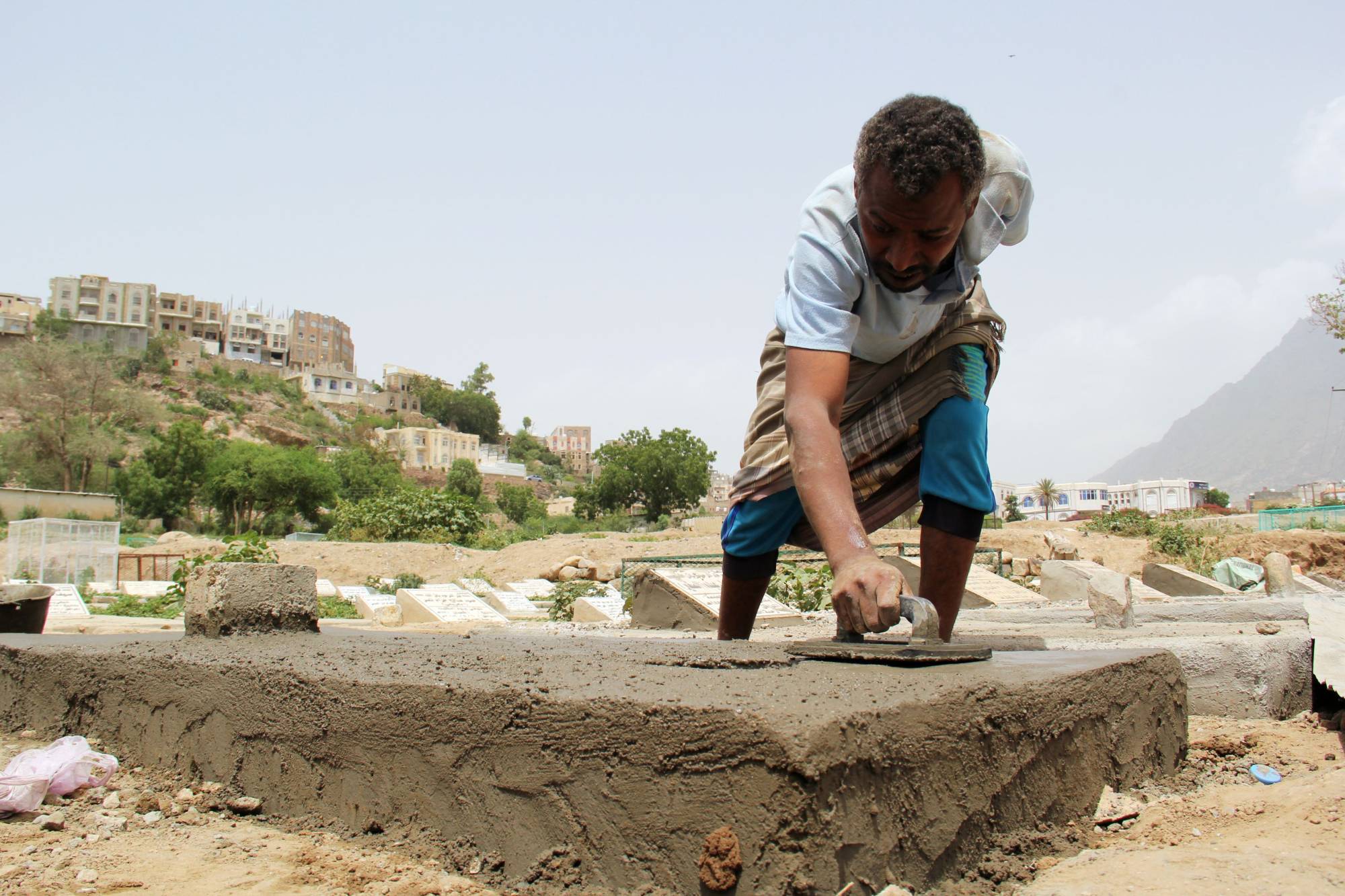The suffering and death in war-ravaged Yemen — the Arab world’s poorest country— has reached new heights with the spreading of the coronavirus among its very vulnerable and fragile population. The death toll from the COVID-19 pandemic could even be greater than the combined number of those who have died from war, disease and hunger over the last six years, according to Lise Grande, the U.N.’s head of humanitarian operations in the country.
Yemen's civilians have been the unwilling participants in a proxy war that has cost hundreds of thousands of lives and has left the public health system in shambles. Last December, the United Nations Office for the Coordination of Humanitarian Affairs noted that the conflict in the country has claimed some 233,000 lives over the six year period, either directly due to the conflict or from causes related to it, calling the number “unfortunate and unacceptable.”
The conflict started in 2014 when Iranian-backed Houthi fighters seized Sana’a, Yemen’s capital, and much of the country's north. The Houthis were confronted by a U.S.-backed Arab coalition led by Saudi Arabia and the United Arab Emirates (UAE) in a bid to bring back Yemeni President Abed Rabu Mansour Hadi (who had been forced to resign) to power, without success. Since 2017, Hadi has reportedly been living in Saudi Arabia.



















With your current subscription plan you can comment on stories. However, before writing your first comment, please create a display name in the Profile section of your subscriber account page.